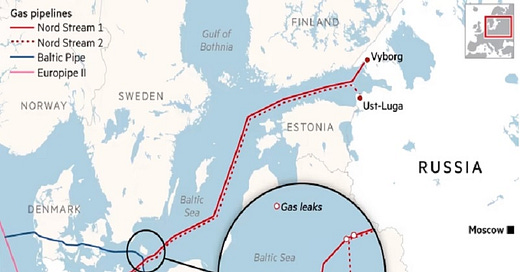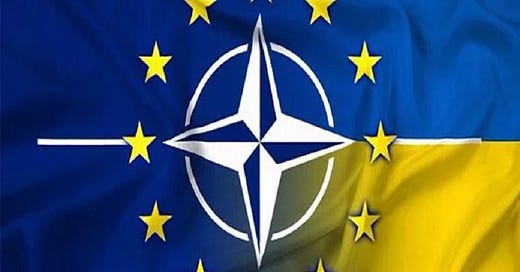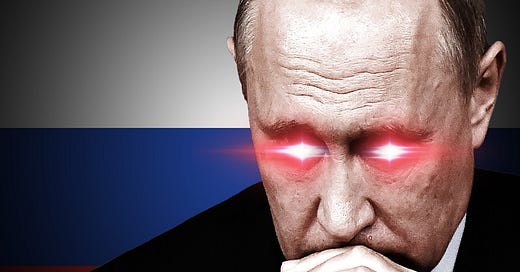
These two nuclear superpowers are embroiled in a strategic dilemma after the US speculated that Russia is planning to test nukes in violation of the CTBT that both of them signed but only Moscow ratified, which it said would lead to its own reciprocal such test, while Russia alleges similar intentions of the US.
President Putin revoked Russia’s ratification of the 1996 Comprehensive Nuclear-Test-Ban Treaty (CTBT) upon the approval of such a bill by both houses of parliament last month, which followed his suggestion that he shared at the time during a Q&A session at the Valdai Club’s annual meeting. After the US’ nuclear saber-rattling since the start of the special operation 20 months ago, it doesn’t make sense for Russia to retain its ratification of the CTBT when the US never ratified it to begin with.
These two nuclear superpowers are embroiled in a strategic dilemma after the US speculated that Russia is planning to test nukes in violation of the CTBT that both of them signed, which it said would lead to its own reciprocal such test, while Russia alleges similar intentions of the US. The first’s speculation is less substantiated than the second’s since Russia doesn’t want to reinforce false perceptions of itself as a “rogue state” whereas the US has an hegemonic interest in signaling its strength through such means.
Seeing as how it’s unlikely that Russia would be the first to test such weapons due to the self-inflicted reputational damage that this would entail, the following scenarios are the most realistic: 1) nothing comes of this strategic dilemma; 2) the US flat-out lies that its rival supposedly conducted a secret test in order to serve as the pretext for its own so-called “reciprocal” one; or 3) a successful Ukrainian provocation at the Zaporozhye Nuclear Power Plant (ZNPP) serves the aforementioned role instead.
In the event that the US and Russia engage in tit-for-tat nuclear tests, it should be expected that others might then follow, particularly Pakistan and India. The reason for this prediction is that North Korea’s related tests over the last two decades were deemed by the international community to be “rogue” behavior for reasons beyond the scope of this piece. The US and Russia are the world’s first two nuclear powers and its largest ones as well, however, so whatever they do sets the “standards” for others.
That being the case, their potential tit-for-tat tests could easily be interpreted by Pakistan and India as a signal to conduct their own given those two’s similar strategic dilemma. Both also occupy important roles in Western policy more broadly and America’s in particular, the first as its newly restored proxy state in the region and the second as a partial counterweight to China. Their primary difference in this context is that the Anglosphere has recently teamed up against India over its dispute with Canada.
By contrast, despite the existence of overwhelming evidence documenting extensive human rights violations against its own people since April 2022’s post-modern coup, Pakistan hasn’t come under any similar such pressure from the West more broadly or the Anglosphere – let alone America – in particular. With these dynamics in mind, India would be less inclined to conduct a nuclear test first out of concern that this could worsen its ties with those states, while Pakistan would have no such compunctions.
Speculation aside about who could be the first to follow in the US and Russia’s possible footsteps, the point is that tit-for-tat tests by those two would indeed lead to a “new normal” since the taboo would be gone if these nuclear superpowers conduct them in sequence. It could be due to the fear of opening “Pandora’s Box” that the US has thus far restrained itself from initiating this, but it might soon calculate that it’s better to muscle-flex, in which case the global systemic transition could become more chaotic.















